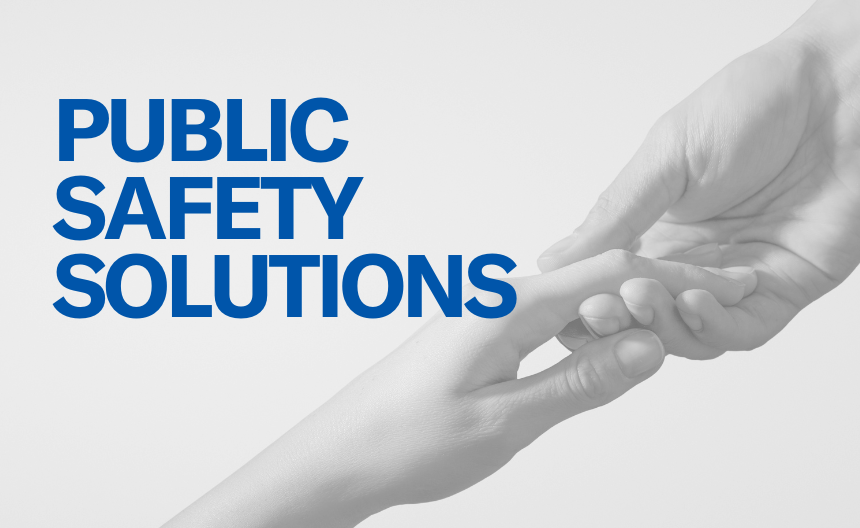This commentary is by Falko Schilling, Advocacy Director, ACLU of Vermont.
Many of our conversations in the State House this year have focused on public safety. That isn’t surprising – our communities are struggling. We all know it, and we can all feel it.
Evidence and experience show us that the only way to solve these complex problems is to address their root causes and ensure that everyone’s basic needs are met. Unfortunately, we have seen a flood of legislative proposals to create new crimes or pass harsher criminal penalties—a strategy we know simply does not work.
Tell your legislators to invest in people, not prisons
Numerous authorities including the U.S. Department of Justice have noted that increasing the severity of punishment does not deter crime and that prisons can actually exacerbate recidivism.
Too often, we use prisons as a substitute for addressing substance use disorder and untreated mental health conditions—and we have seen that our legal system disproportionately targets people of color, year after year.
Here’s a snapshot of the data: 70% of the people incarcerated are prescribed some form of medication for mental health conditions compared to approximately 16% of the general population. 60% of the people incarcerated in the state of Vermont are living with opioid use disorder, while only one percent of the general population has opioid use disorder. In Vermont a Black person is seven times more likely than a white person to be incarcerated, and people of Hispanic origin are 4.5 times more likely to be incarcerated.
Given all of that, it is troubling that so much legislative attention has focused on further criminalization and incarceration that will make these disparities worse. Bills like S.58 are likely to incarcerate more people of color and people with substance use disorder for drug crimes; H.534 could lead to more women, people in poverty, and people with substance use disorder being incarcerated for low level retail theft.
We cannot arrest our way out of the challenges we face. Ensuring that everyone has access to housing will make our communities stronger and more vibrant—criminalizing unhoused people will not. Harm reduction approaches to address the overdose crisis will save lives and make our communities safer—further criminalizing drug use will not. Only when we meet people’s basic needs—housing, healthcare, economic stability—can our communities truly thrive.
Vermont voters should urge their legislators in the final months of the biennium to reject failed policies that rely on criminalization and incarceration, and to focus instead on evidence-based solutions that address root causes and make our communities stronger and safer for everyone.
A version of this commentary appeared in the Rutland Herald, among other outlets.

